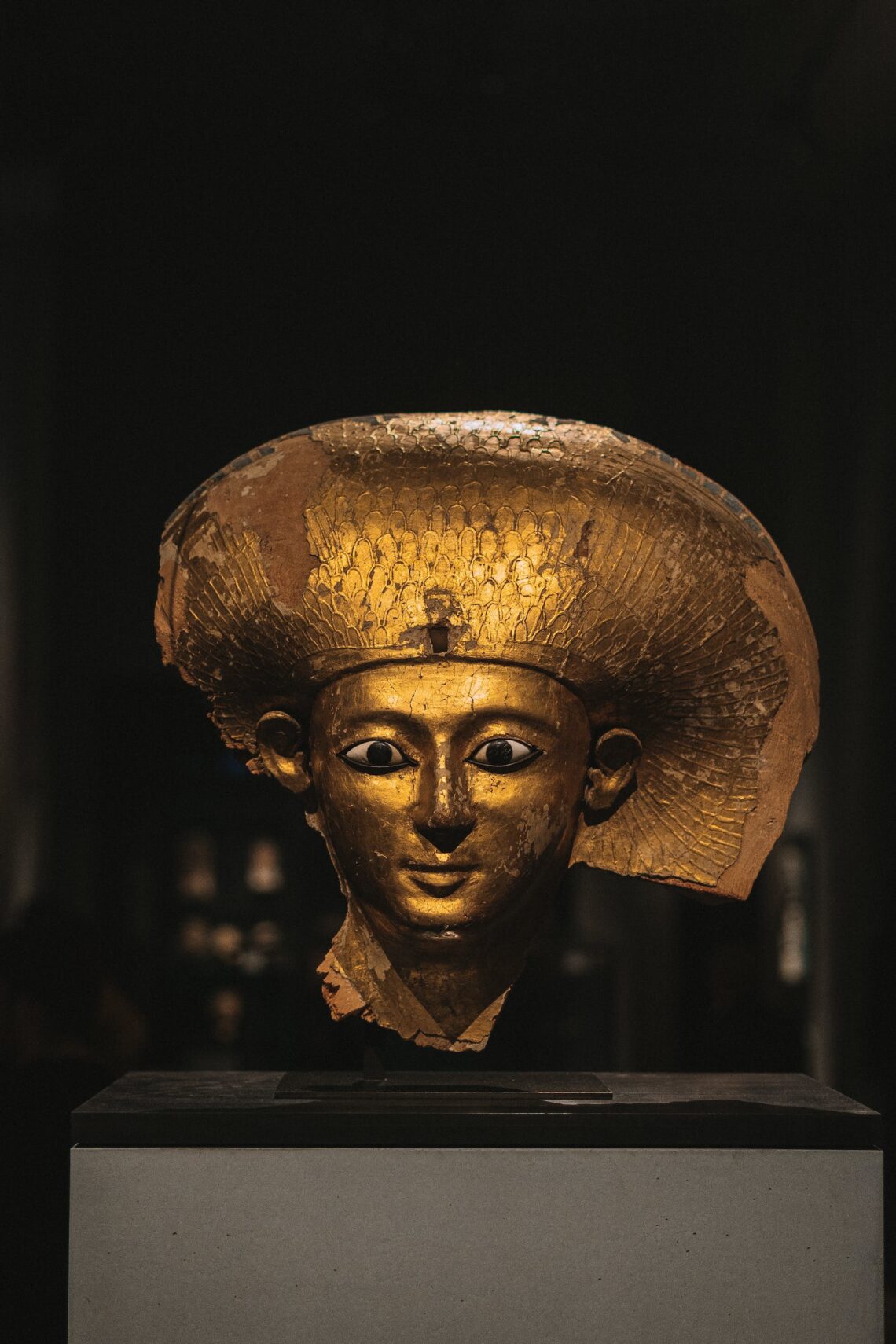
Egyptian spell for finances
Ancient Egypt, a civilization shrouded in mysticism and symbolism, held a profound understanding of the interconnectedness between the spiritual and the material aspects of life. Among the various mystical practices of ancient Egypt, magic played a vital role, not only in matters of the heart but also in financial endeavors. In this article, we will explore the intriguing realm of Egyptian magic for finances, delving into the rituals, spells, and beliefs that tied prosperity to their mystical traditions.
Ancient Egyptian Beliefs and the Quest for Ma’at:
Central to Egyptian thought was the concept of Ma’at, the universal principle of balance, harmony, and cosmic order. Ma’at represented the foundation of their moral and spiritual beliefs, guiding every aspect of their lives. Achieving financial prosperity was considered an essential part of maintaining Ma’at, as it reflected a life in balance.
Wealth and the Pursuit of Ma’at:
In ancient Egypt, wealth was not perceived as an end in itself but as a means to uphold Ma’at. Prosperity was a sign that one’s life was in harmony with the cosmic order represented by Ma’at. This connection between wealth and cosmic balance highlights the spiritual and ethical dimension of their approach to finances.
The Link Between Magic and Finances:
Magic, as a tool to influence the unseen forces of the universe, was deeply ingrained in the Egyptian way of life. While it is commonly associated with love, healing, and protection, it also extended to financial matters. This connection between Egyptian magic and finances arises from their belief that wealth and prosperity were not solely economic pursuits but endeavors that had to align with Ma’at.
Magical Practices for Financial Prosperity:
Egyptian magic for finances encompassed various practices designed to attract wealth, ensure its preservation, and protect against financial hardships. These practices were imbued with symbolism and ritual, reflecting the ancient Egyptians’ profound connection between the spiritual and material aspects of life.
1. Wealth-Attracting Amulets:
Much like love amulets were employed to attract affection, specific amulets were crafted to draw financial prosperity. These amulets often featured symbols of wealth, such as a coin or a cornucopia, and were believed to bring success to those who carried or wore them. These amulets served as talismans, channeling the energies of prosperity.
2. Ancestral Honoring:
Honoring ancestors was an integral part of Egyptian magic for finances. Offerings of food, incense, and other items were made at ancestral altars to seek the blessings and guidance of departed loved ones. The belief was that ancestral spirits could provide insight and support in economic endeavors.
3. Prosperity Spells:
Spells were recited with the intent of invoking the favor of deities associated with wealth. Deities like Ptah, the god of craftsmanship and prosperity, were called upon to bring balance and abundance into financial aspects of life. These spells were often recited during rituals that emphasized alignment with Ma’at.
4. Wealth-Enhancing Rituals:
Candle-lit rituals were conducted to create a spiritually charged atmosphere. Candles, often of green or gold, symbolized prosperity and were used to invoke the divine forces of wealth. These rituals were performed in sacred spaces, emphasizing balance and harmony with Ma’at.
5. Offerings to Hathor:
Hathor, the goddess of love, music, beauty, and financial prosperity, was often invoked to bless financial pursuits. Offerings of flowers, incense, and even financial symbols like gold and jewels were made to seek her favor. Hathor’s influence extended to the financial well-being of individuals.
The Modern Influence:
While the practices of Egyptian magic for finances may seem rooted in the past, they echo a fundamental truth about the human relationship with wealth. Financial prosperity, when sought with a balance of ethics and a reverence for cosmic harmony, can lead to a more fulfilled and harmonious life.
In Conclusion:
Egyptian magic for finances reveals the profound connection between the spiritual and the material in the quest for wealth and prosperity. The practices associated with this tradition, rooted in the belief in Ma’at and guided by ethical principles, continue to influence modern beliefs and rituals surrounding finances. They remind us of the enduring human quest for prosperity, abundance, and balance in all aspects of life.




